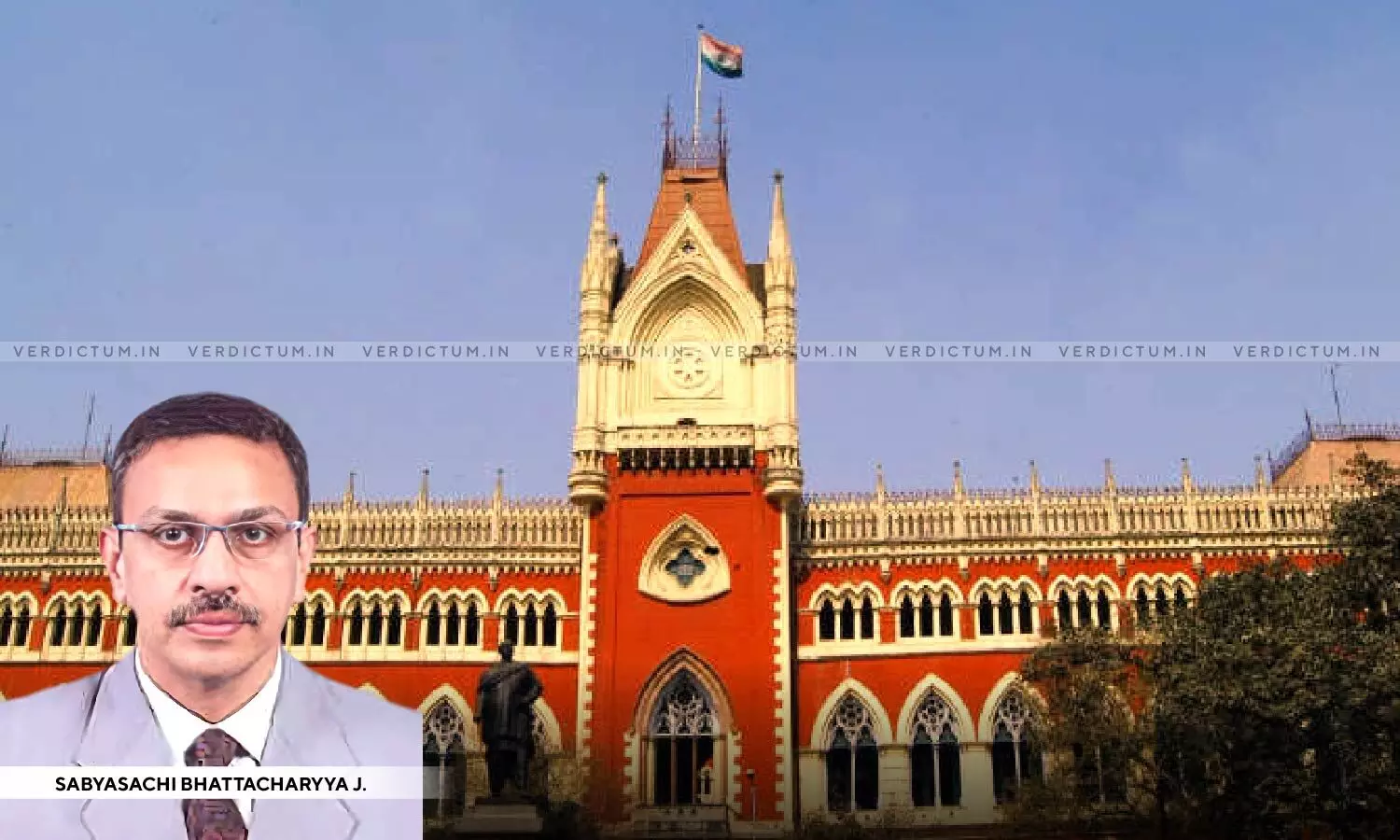
Object Of Public Services Exams Cannot Be Restrictive And Cruel To Shut Out Candidates On Trivial Issues: Calcutta HC
 |
|The Calcutta High Court observed that the object of public services examination cannot be construed to be restrictive and so cruel that it may shut down the candidates on trivial issues such as discrepancy in date of birth.
The Court explained that the object of the public services exam was not only restricted to the participation of candidates but was also to ensure that the participation reached “every nook and corner of the country.”
A Single Bench of Justice Sabyasachi Bhattacharyya observed, “As such, for the purpose of the concerned banking examinations for the post of Probationary Officers/Management Trainees, the petitioner is held to be fully qualified, since the documents submitted by her indicate that she is eligible in terms of age for participating in the said examinations. Since, the published timelines leave it open to the concerned banks to extend the date of interview till the end of this month, it is expected that the petitioner shall be permitted to have an interview with the concerned banks for the purpose of considering her candidature for the concerned posts.”
Advocate Shanka Maiti represented the petitioner, while Advocate Dipanjan Datta appeared for the respondents.
The petitioner had challenged the decision of the Institute of Banking Personnel Selection (IBPS) regarding her eligibility for the examinations for the post of Probationary Officers/Management Trainees for banks.
Despite passing the preliminary and mains examinations, the IBPS disqualified the petitioner from the interview due to a discrepancy in her date of birth on her birth certificate.
It was argued that as per the eligibility criteria, all particulars mentioned in the online application, including the date of birth certificate, were considered final and no challenge/modification was allowed after submission of the online application form.
The Court stated that “the object of such examinations for the banking sector and other public services is not to restrict the participation but to ensure that the participation reaches every nook and corner of the country, to the places which are not so advantaged as large townships or cities.”
The High Court reiterated the Supreme Court’s decision in Vashist Narayan Kumar v. The State of Bihar (2024) 1 S.C.R. 1 which had established that after a candidate has participated in the selection process and cleared all the stages successfully, his candidature can only be cancelled after careful scrutiny of the gravity of the lapse and not for trivial omissions or errors.
Based on the same, the High Court pointed out that the petitioner hailed from interior parts of the State where proper internet facilities were not available. “One can very well appreciate the impediments and handicaps under which such a person has uploaded the online application and furnished due details and credentials, which was done through a cyber café, since the petitioner did not have the means to do the uploading from her own data pack,” the Court remarked.
Consequently, the Court held that the petitioner was eligible for participation in the interviews and ordered IBPS to publish the petitioner’s name in the provisional allotment list and grant her a date of interview.
Accordingly, the High Court allowed the appeal.
Cause Title: Reshmi Bhagat v. State of West Bengal & Ors.
Appearance:
Petitioner: Advocate Shanka Maiti, Antara Panja and Sartak Singh
Respondents: Advocate Dipanjan Datta